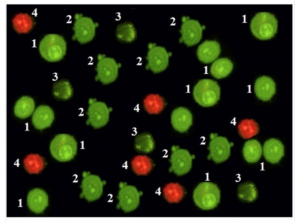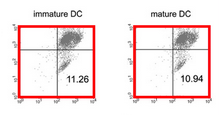
Many figures in four papers by a research team in Malaysia contain duplication or manipulation, a university committee has found, calling for multiple retractions.
We learned about issues with three of the papers, including one in Scientific Reports, earlier this week when they were the talk of Twitter. As journals issued expressions of concern, and an expert wondered how the papers passed peer review at all, the first author, a researcher at the University of Malaya (UM), denied allegations of duplication.
UM was alerted to allegations of misconduct in the Scientific Reports paper last Saturday, and according to a statement published today:
Continue reading Figures questioned online were manipulated, says Malaysia investigation






